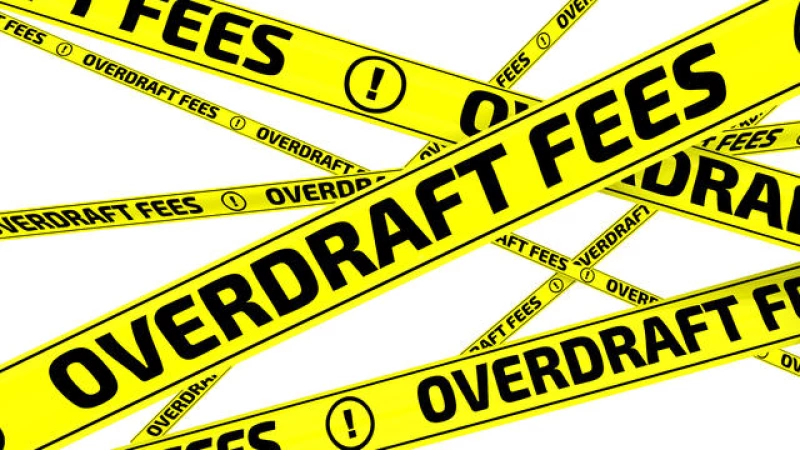Biden Administration Proposes Rule to Limit Bank Overdraft Fees
The Biden administration is proposing a new rule that could limit bank overdraft fees to as little as $3.
The proposed regulation unveiled by the Consumer Financial Protection Bureau in tandem with the White House could potentially cut billions of dollars that large banks earn from bank customers overdrawing their accounts.
"For too long, some banks have charged exorbitant overdraft fees—sometimes $30 or more—that often hit the most vulnerable Americans the hardest, all while banks pad their bottom lines," President Joe Biden said Wednesday in a statement. "Banks call it a service — I call it exploitation."
Under the proposal, banks would be allowed to charge consumers its actual cost to cover an overdrawn account, or conform to a set limit determined by the CFPB, effectively eliminating the $35 fees typically charged for an overdraft, according to the agency. Banks take in about $9 billion a year from the fees, according to the CFPB.
The Consumer Financial Protection Bureau (CFPB) has proposed new rules that would limit the fees banks and credit unions can charge for overdraft services. The rules would apply to financial institutions with more than $10 billion in assets, affecting about 175 of the largest banks in the country.
Under the proposed rules, banks would no longer be able to generate significant profits from overdraft fees. Instead, they would be required to charge customers the actual cost to cover an overdraft. Alternatively, banks could adopt a benchmark fee, with suggested amounts of $3, $6, $7, or $14.
The CFPB plans to gather industry and public comments on the proposed rules by April 1, with a regulation expected to take effect in October 2025. In addition to limiting fees, the rules would also allow banks to offer small lines of credit to customers for overdrawing their accounts, similar to a credit card service.
Opposition and Challenges
Banks are expected to fight against the proposed restrictions and launch a massive lobbying campaign. It is also highly likely that whatever rule is adopted will face legal challenges in court.
Overdraft services have become a significant source of profit for banks, especially with the popularity of debit cards. While initially introduced as a way to avoid bounced checks, overdraft services have evolved into a major revenue stream for financial institutions.
According to recent reports, the banking industry has raked in a staggering $280 billion in overdraft fees over the past two decades. This has been a major source of profit for banks, with some executives even going so far as to name their boats after these fees, as one CEO did with his boat called "Overdraft." However, consumer advocates argue that these fees disproportionately affect lower-income individuals, with 8% of bank customers accounting for nearly 75% of the revenue generated from overdraft fees. They claim that these fees act as short-term lending programs with exorbitant interest rates, making it harder for economically vulnerable consumers to get back on track financially.







